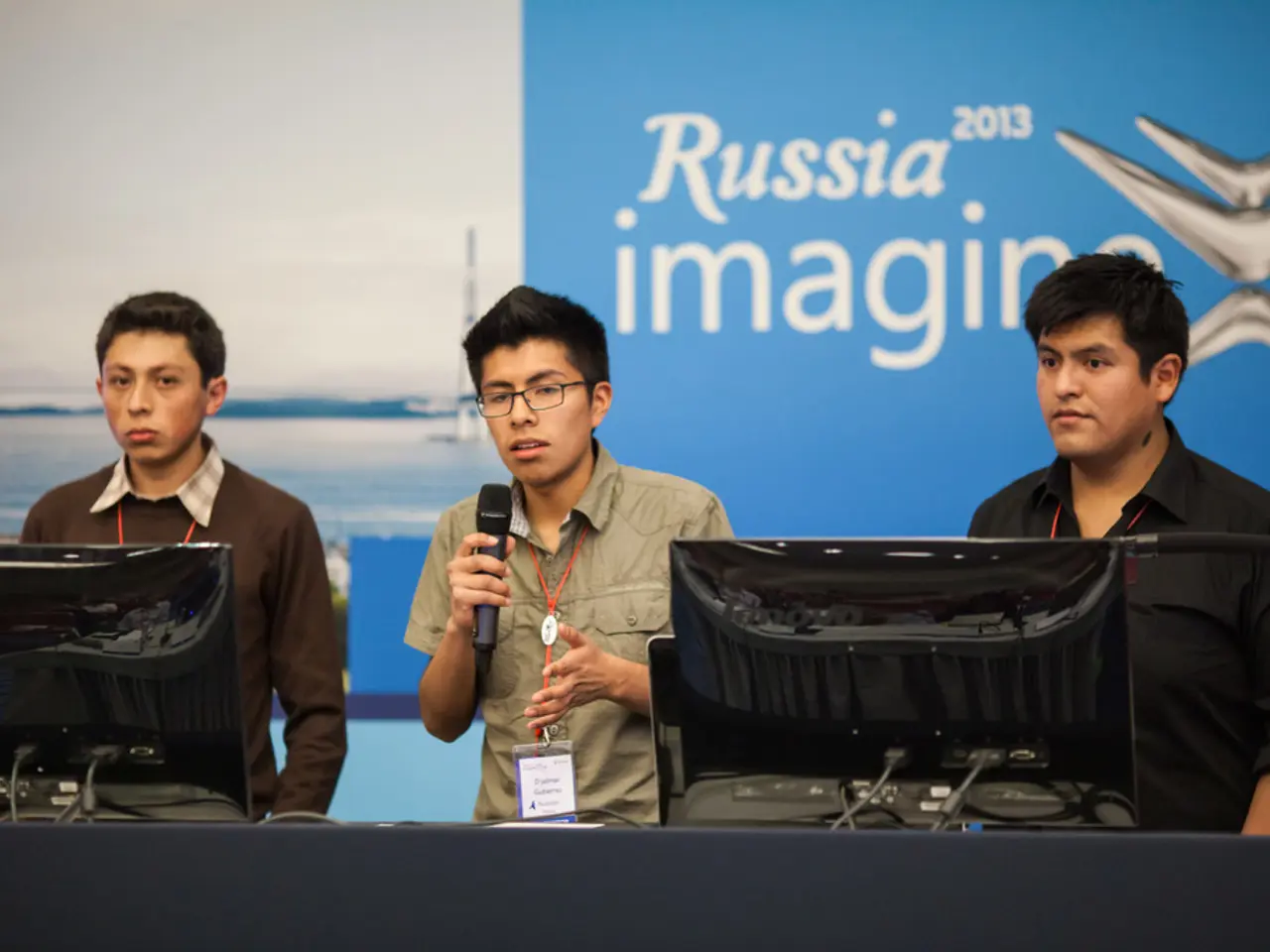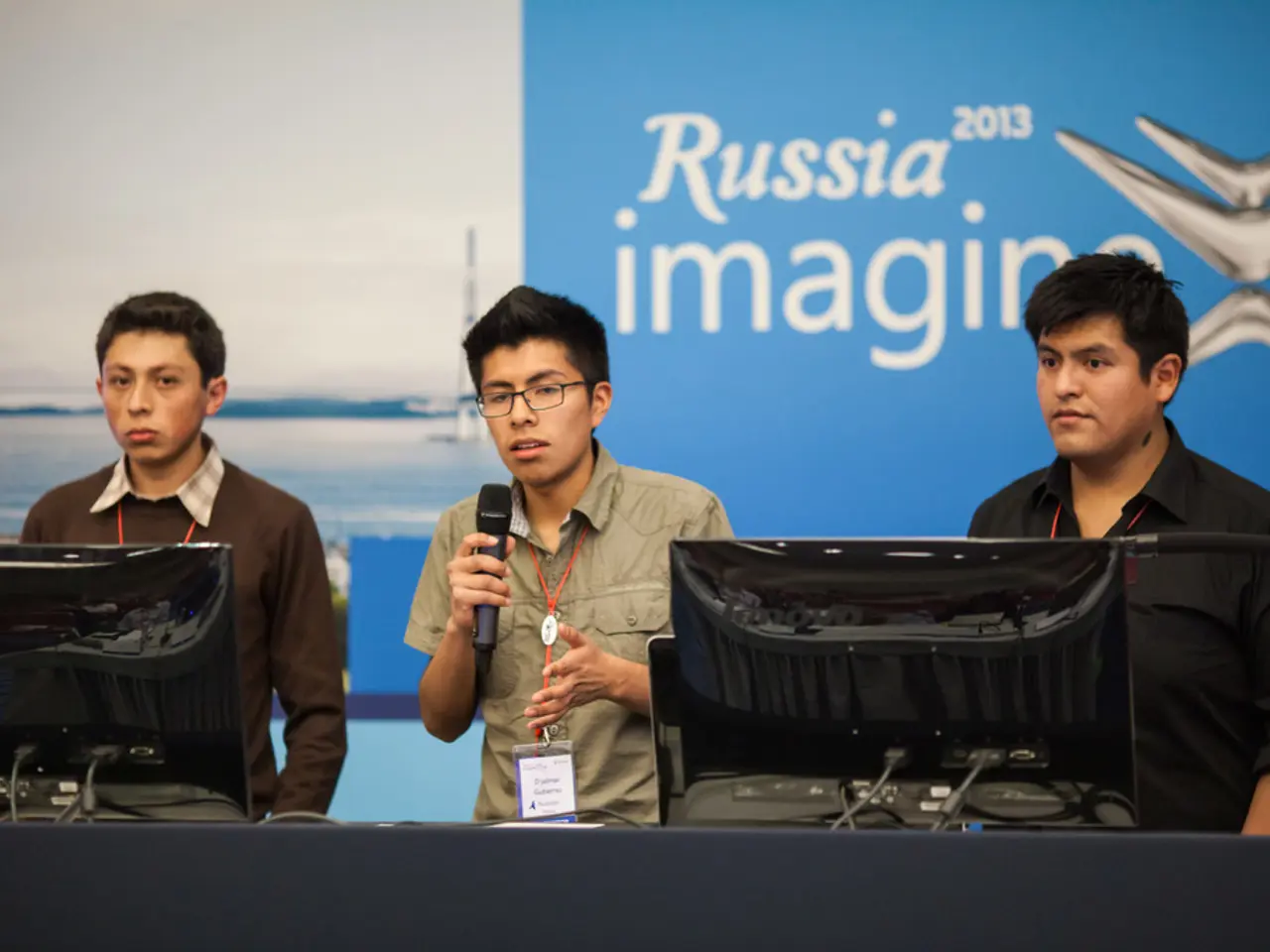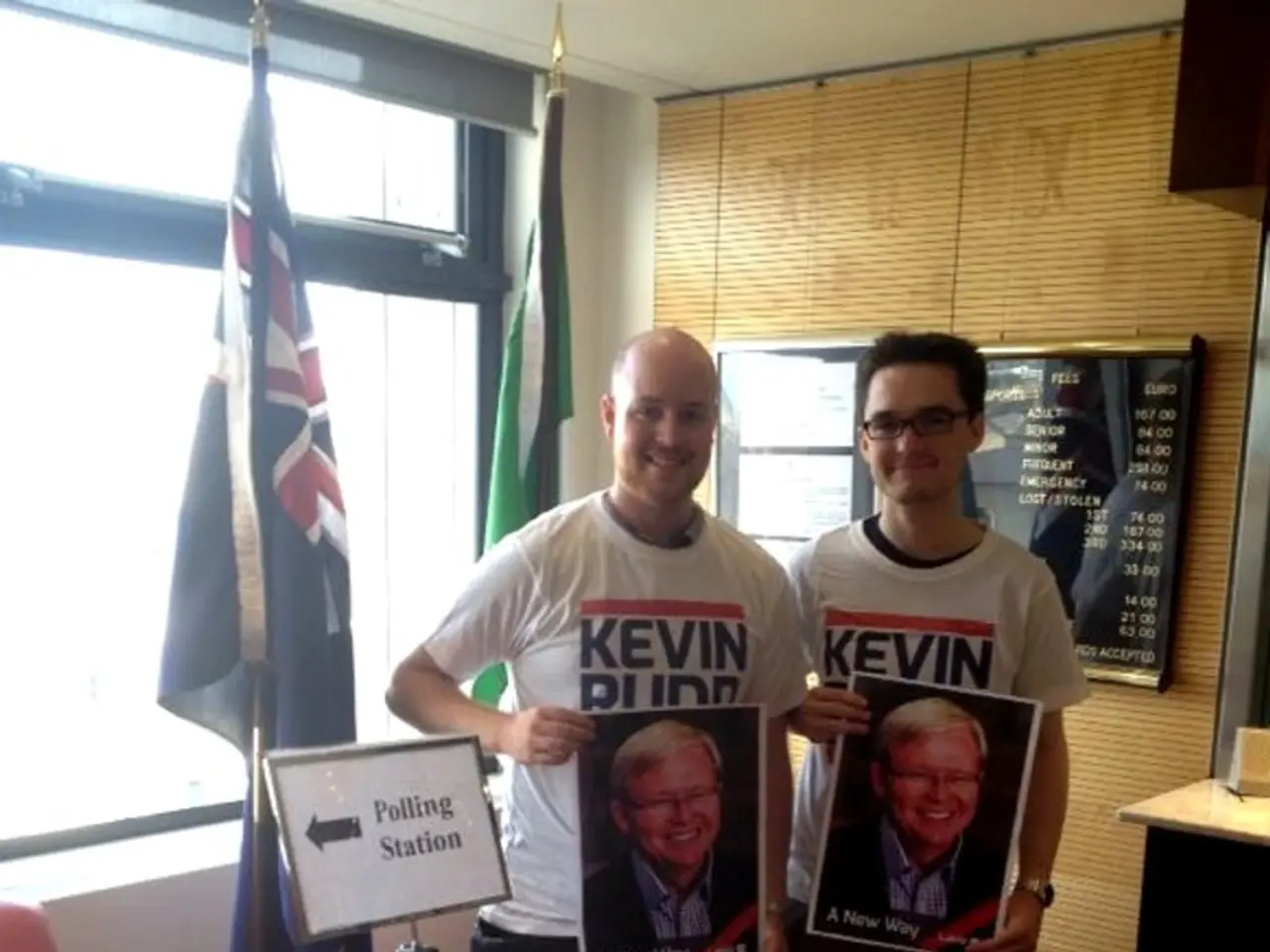Escalation of Syrian conflicts into Lebanon amplifies concerns, deeper complexities ensue
In the heart of the Middle East, Lebanon is grappling with escalating internal tensions, as various political, sectarian, and regional factors converge to create a volatile mix.
Recent reports suggest that extremist groups in Lebanon are preparing for "action," according to unspecified sources, raising concerns about a potential resurgence of ISIS and other extremist groups. This threat is far from over, Lebanese officials warn, with Syria's political landscape shifting after the collapse of the Assad regime last year, causing spillover violence into Lebanon.
The city of Sweida in southern Syria, predominantly Druze, has seen days of fighting between Druze fighters, government forces, and allied groups, resulting in hundreds of deaths. This violence has sparked intercommunal strife between Druze and Sunni communities in Lebanon, adding to existing concerns of clashes between Hezbollah-aligned Shiites and Sunni factions linked to extremist groups.
Lebanon's political system, based on a delicate sectarian power-sharing arrangement, has bred substantial corruption and deepened sectarian divides instead of maintaining peace over time. A major flashpoint is the presence of Hezbollah, a Shiite militant and political group that refuses to disarm outside southern Lebanon despite government and international pressures.
Hezbollah's armed status and its role as a resistance movement against Israel have exacerbated tensions, particularly as Israeli forces continue to strike Hezbollah targets in Lebanon on a daily basis, despite a truce agreement reached in November. The Lebanese army recently announced the arrest of the suspected leader of ISIS in Lebanon, accusing him of planning attacks.
The Druze, a religious sect that emerged from a branch of Islam in the 11th century and blend elements of Islam with ancient traditions, have been expelling Syrian workers and attacking cars belonging to Syrians passing through some villages. Authorities fear that dormant ISIS and other extremist cells in Lebanon could now be activated in retaliation or as part of a wider plan to destabilize the country amid renewed instability in neighboring Syria.
Lebanese leaders want to disarm all non-state armed groups but prioritize negotiation to avoid sectarian conflict. However, efforts at disarmament and political reform are cautious to avoid igniting civil war but continue to face strong resistance.
Lebanon remains an arena for broader regional rivalries, particularly Israeli-Iranian and Saudi-Iranian competition, which could escalate if the Lebanese state weakens further. The sustained Israel-Lebanon ceasefire remains precarious; any breakdown could lead to renewed conflict impacting regional security.
In conclusion, Lebanon's internal tensions are deeply rooted in sectarian political structures, Hezbollah's armed status, and the spillover of the Israeli-Lebanese conflict compounded by broader regional rivalries. The current situation in Lebanon is cause for worry, with the country dealing with intercommunal strife, Syrian-related unrest, a continuing conflict with Israel, and the threat of terrorist attacks. The last thing a security source in Beirut stated was that the current situation is not what Lebanon needs.
- With the potential resurgence of ISIS in Lebanon, the focus of news podcasts has shifted towards war and conflicts in the Middle East.
- The volatile mix of political, sectarian, and regional factors in Israel, Lebanon, Syria, Jordan, and the broader Middle East are raising concerns among political analysts and general news outlets.
- The recent findings of crime and justice segments suggest that Lebanon's internal tensions could lead to a resurgence of extremist groups such as ISIS.
- Sports-betting enthusiasts might find the effects of regional conflicts on regional security in the Middle East a significant factor to consider while placing their bets.
- In light of the ongoing war-and-conflicts in the Middle East, the political and sectarian divide within Lebanon has created a fertile ground for extremism, as reported in various general news segments.
- Recent episodes of Middle East-focused podcasts feature discussions on the impacts of regional conflicts and sectarian tensions on sports events within the region, particularly in Lebanon, Syria, and Israel.






